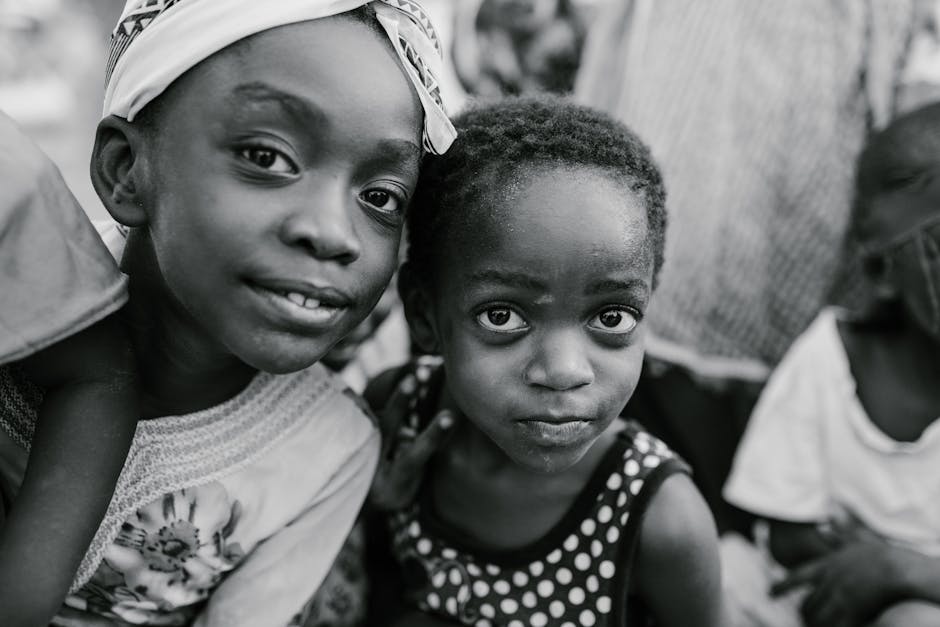
The Global Indigenous Movement: Empowering Indigenous Peoples
The Global Indigenous Movement: Empowering Indigenous Peoples
The global indigenous movement is a collective effort aimed at empowering indigenous peoples around the world. It seeks to address the historical injustices and discrimination faced by indigenous communities, while promoting their cultural, social, economic, and political rights.
Indigenous peoples represent a significant portion of the world's population, totaling around 476 million individuals in over 90 countries. Despite their numbers, indigenous communities often face marginalization, poverty, and exclusion from decision-making processes.
The global indigenous movement works towards recognizing and respecting the rights of indigenous peoples, including their rights to land, resources, self-governance, and cultural expression. It advocates for the implementation of international standards and frameworks, such as the United Nations Declaration on the Rights of Indigenous Peoples (UNDRIP).
One of the key goals of the global indigenous movement is to raise awareness and build solidarity among indigenous communities. This is achieved through various means, including conferences, workshops, cultural events, and social media campaigns. By sharing experiences and mobilizing support, indigenous peoples can amplify their voices and amplify their demands for justice and equality.
Another important aspect of the global indigenous movement is the promotion of indigenous knowledge and sustainable practices. Indigenous communities have traditional knowledge and practices that contribute to addressing pressing global challenges, such as climate change and biodiversity loss. Recognizing and valuing indigenous knowledge can lead to more inclusive and effective solutions.
The global indigenous movement also promotes the right to self-determination for indigenous peoples. This includes the right to participate in decision-making processes that affect their communities, as well as the right to determine their own political, economic, and social systems.
Through the global indigenous movement, indigenous peoples have achieved significant milestones and successes. They have influenced national policies, secured land rights, and contributed to the global discourse on human rights and sustainable development.
However, challenges still remain. Indigenous communities continue to face threats to their land, cultural heritage, and traditional livelihoods. The global indigenous movement remains vital in advocating for their rights, fostering dialogue, and supporting indigenous-led initiatives.
By actively engaging in the global indigenous movement, individuals, organizations, and governments can contribute to a more inclusive and equitable world. Empowering indigenous peoples is not only a matter of human rights but also a path towards sustainable development and cultural diversity.
Preservation-of-cultural-heritage
Sustainable-development-in-indigenous-communities
Land-rights-and-territories
Traditional-knowledge-and-wisdom
Environmental-stewardship
Decolonization-efforts
Indigenous-languages-revitalization
Intersectionality-and-indigenous-feminism
Indigenous-art-and-cultural-expression
